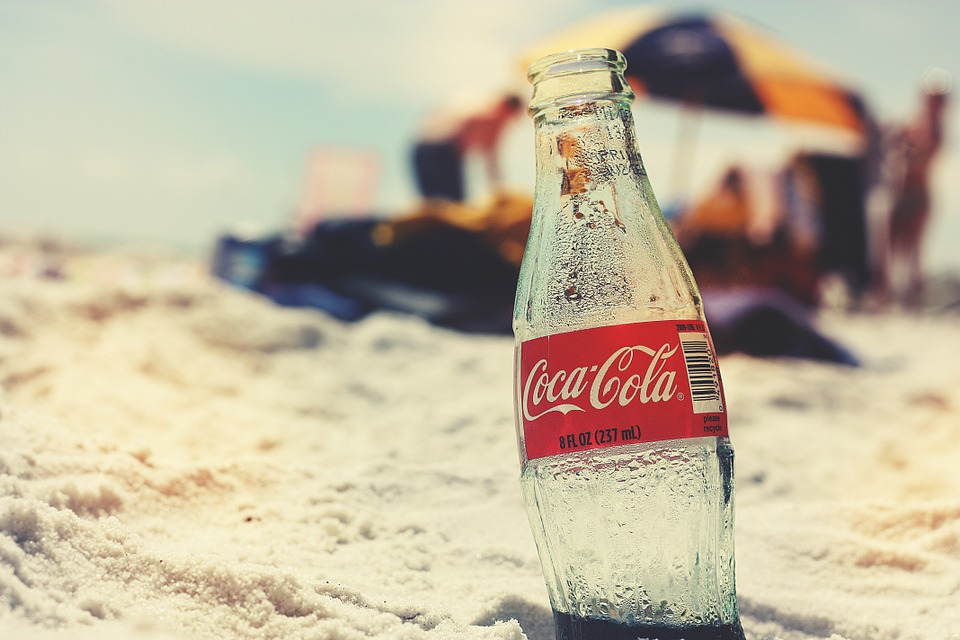Single-use plastic may be bad for the environment, but it's good for business.
Despite pressure from environmentalists, Coca-Cola has said it will not stop using plastic bottles. Because the drinks company is so popular all over the world - it sells about 50 percent of all the fizzy drinks sold each year - it is a big contributor to plastic waste. Itn fact, it was named the most polluting brand by an anti-plastic charity after it came to light that Coca-Cola produces the equivalent plastic waste of 200,000 coke bottles a minute. That plastic waste can harm us and our economies - by contributing to climate change and filling up landfills, for example.
So why won’t Coca-Cola cut it out? Well, the company says that it’s because its customers still want their fizzy stuff served in plastic bottles. Which does make sense - unlike glass bottles, plastic bottles can be resealed, they’re light, and they won’t break in your bag. If Coca-Cola stopped giving people what they want, its Head of Sustainability argued, then people would stop buying it - which would mean less sales and profit for the business. (She also pointed out that glass and aluminum bottles would also contribute to climate change, probably even more so than plastic.)
Many environmentalists wouldn’t lose much sleep over a billion-dollar company making less money. Indeed, rather than just getting Coca-Cola to switch its packaging many would like it produce less bottles full-stop. The argument is that to make our economies sustainable most of us need to start consuming a lot less. In a world where we don’t produce stuff you don’t need, fizzy drinks seem an obvious candidate for the chop - they’re hardly famed for their nutritiousness and health value.
But not everyone thinks this approach is fair. Plenty of people enjoy having a coke, and would feel angry at the prospect that they should just give that up. And others point out that when big, successful companies like Coca-Cola make money they create economic benefits for other people, via things like creating thousands of jobs or giving a portion of their profits over to governments to be spent on public services.
Read our explainer on: how much power companies really have.

